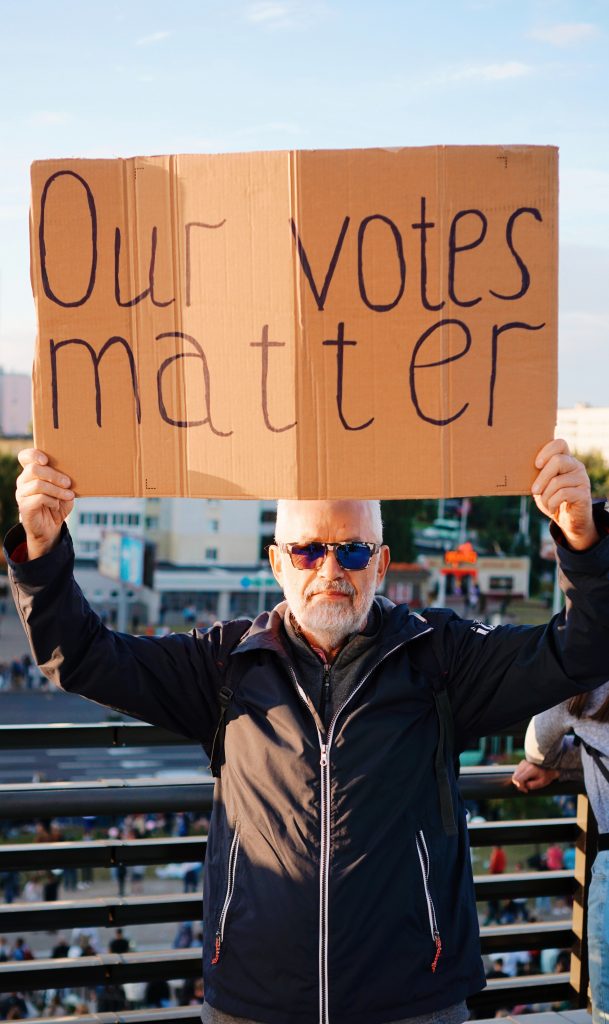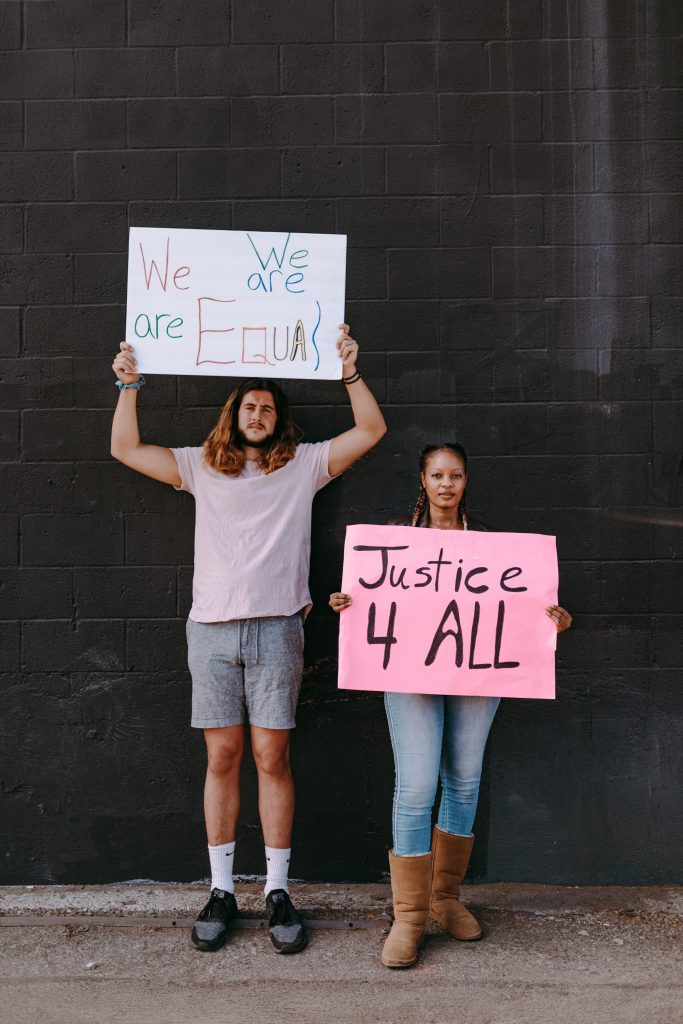
Questions of improvement
Democracy and the current decision making process of democratic governments was created centuries ago. Over generations it has become fairly well refined within the constraints of its original purpose. The core concept behind decision making in modern democracies is for a group of people elected to represent the people to parley (parliament) to talk about how to run the country and come to a majority decision democratically.
One of the biggest issues with democracy and why we have settled on representation is it does not scale well. The more people added the harder it is to each have a voice, the longer decisions take and the less coherent and focused they become.
There have been many papers and articles written as well as many projects started to bring this ancient process into the modern age, after all intuitively it makes sense that there should be some kind of digital solution that could allow everyone to be involved in at the very least the most important decisions that affect us but potentially any decisions we are passionate or possess useful knowledge about.
Here are some links that talk more about how digital technology could be used with democracy:
https://www.goinvo.com/features/redesign-democracy/
https://medium.com/@AlastairParvin/democracy-as-a-platform-b27d900e956d
https://en.wikipedia.org/wiki/E-democracy
It is now digitally possible to give everyone a vote on every issue – of course there are so many issues it would be a full time job to try and keep up with them and we might need a team working behind us to help us keep up to date with exactly what is going on (this is what we have now with politicians having departments and advisory groups working with them)
So even though it might be technically possible for everyone to vote, unless we all want to be politicians and not have anyone actually doing the work in society we need to survive, it isn’t really a viable option.

Adding liquid democracy
One of the ideas I really liked was liquid democracy/representative hybrid – this is a kind of representative democracy like we have today but at any time we can change which politician gets our vote and all votes in parliament would be counted as the total of all voters by adding together the votes each politician had behind their vote.
This would probably be an improvement, for example if we voted for someone who it turned out did not keep their promises or did not follow the philosophy we thought we voted for we would be able to transfer our voting power to a different sitting politician. This still requires everyone to keep track of what is happening in politics and what their nominated politician is voting for as well as having to work out which other politician they may want to transfer their vote to if it turned out they were not happy with the original one chosen.
In reality I think a lot of people may not bother or be interested enough even to do this much work. Sure it is less than making every vote ourselves but still a fair chunk of effort to make our vote more relevant.
A better way forward
But the power of computers gives us another even more powerful option that allows maximum (but not perfect) alignment with our values while allowing a minimal effort in terms of being actively involved. This idea is a combination of liquid democracy and personas.
It would work like this – at voting age everyone would need to review at least 5 past decisions that resulted in a vote and choose the way they would have voted for those decisions. This will seed our digital persona, our persona is a digital system that knows what our values are based on what we valued in the past and (if we choose not to vote) will automatically try and match our values against the values of people as they vote allowing the most compatible voter to get our vote as well.
Any votes our persona makes for us that we do not actually agree with gives us a chance to improve our persona by setting it to follow the kind of choices we actually wanted it to make.
Also if our values completely change we can go back and change the past votes in our persona to allow it to follow our new values going forward.
Even better with this system it is possible to open up parliament in a fluid way to allow anyone who wants to be a politician to join in or drop out of the decision making process at any time and if their values are mirrored by other non voters their vote will be amplified by those peoples personas.
By having more people involved in the decision making process hopefully we can gain more wisdom and have more varieties of value sets represented.
Taking it even further
Now let’s add representative democracy back into the mix. Because we can trust that our vote is likely to go where we want it to go even if we don’t cast the vote ourselves we can split the people that do want to be part of the decision making up such that we basically have multiple parliaments each that represents the range of values in the country to a fairly fine grained level so we can be confident that our voice most likely matches one of the participants – say 200-1000 members chosen randomly.
This would work like a jury in a way but on a larger scale for better representation. This way we could run multiple decision making processes in parallel while still keeping all our votes mostly falling where we wanted them to fall. It would allow us to be vastly more responsive and accelerate our countries ability to make decisions, likely allowing our decisions to be much more fine grained.
Who knows what else could be enabled by having more decision making power that is more representative of our values? Maybe it would also give us much more capacity to do things like review existing laws to see if they are still relevant and respond to a range of issues in a much more timely manner instead of only working on one at a time.
